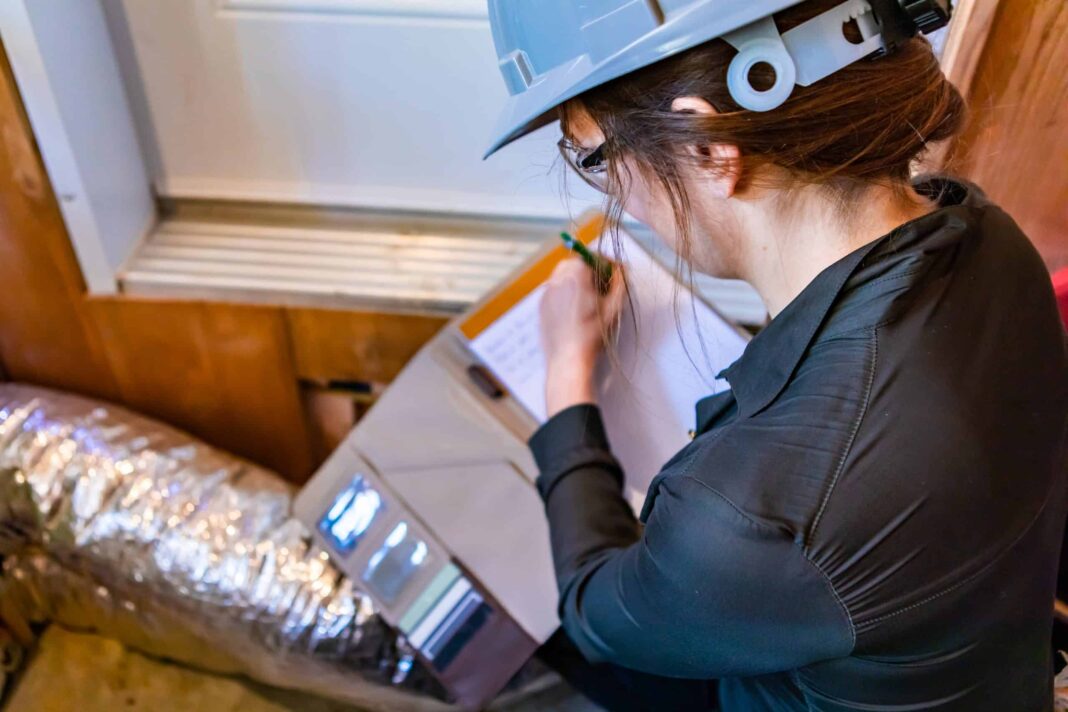Mold can pose serious health risks and damage your property if left unchecked. In Los Angeles, where the climate can contribute to mold growth, understanding mold testing services is essential for homeowners and renters alike. This guide will help you navigate the process of mold testing, what to expect, and how to choose the right service.
Understanding Mold and Its Risks
Mold is a type of fungus that thrives in damp environments. It can grow on various surfaces, including wood, drywall, and carpet. Exposure to mold can lead to health issues such as respiratory problems, allergies, and skin irritation. In particular, individuals with asthma or weakened immune systems are at greater risk. Therefore, timely mold testing is crucial for your health and safety.
When to Consider Mold Testing
There are several situations where mold testing should be considered:
- Visible Mold Growth: If you see mold in your home, Los angeles mold testing it’s essential to test the area to determine the type and extent of the problem.
- Water Damage: After any flooding or leaks, mold testing can identify hidden growth behind walls or under floors.
- Musty Odors: Persistent, musty smells can indicate mold presence, even if it’s not visible.
- Health Symptoms: If you or your family members experience unexplained health issues, mold could be a factor.
Types of Mold Testing
There are several methods used for mold testing, each serving different purposes:
Visual Inspection
A visual inspection is often the first step in mold testing. Professionals will examine your home for visible signs of mold and moisture issues. This method helps identify problem areas that may require further testing.
Air Sampling
Air sampling involves collecting air samples from various areas in your home to measure the concentration of mold spores. This method is useful for identifying hidden mold and assessing indoor air quality. The samples are then sent to a lab for analysis.
Surface Sampling
Surface sampling is conducted by taking samples from visible mold or suspected mold growth on surfaces. This can be done using swabs or tape lifts. Like air samples, these are analyzed in a lab to determine the mold type and concentration.
Bulk Sampling
Bulk sampling involves taking a piece of material (like drywall or carpet) suspected of mold growth. This method is useful for determining the extent of mold contamination in building materials.
Choosing a Mold Testing Service
When selecting a mold testing service in Los Angeles, consider the following factors:
Experience and Credentials
Look for companies with extensive experience in mold testing and remediation. Ensure they have the necessary certifications, such as those from the American Council for Accredited Certification (ACAC) or the Institute of Inspection, Cleaning and Restoration Certification (IICRC).
Reputation
Check online reviews and testimonials to gauge the reputation of the testing service. A company with positive feedback is likely to provide reliable services. You can also ask for references from previous clients.
Comprehensive Services
Choose a company that offers a range of services, including testing, remediation, and prevention. This ensures that they can address your mold issue thoroughly and provide ongoing support.
Transparent Pricing
Ask for a detailed estimate before the testing begins. A reputable company will provide clear pricing for their services, including any potential additional costs. Be cautious of companies that offer very low prices, as this may indicate subpar service.
What to Expect During the Testing Process
Once you’ve selected a mold testing service, here’s what to expect:
Initial Consultation
The process typically starts with a consultation where the technician will discuss your concerns and any visible signs of mold. They may ask about past water damage or health issues related to mold exposure.
Site Inspection
The technician will conduct a thorough inspection of your property, looking for visible mold and moisture sources. They will also assess ventilation and humidity levels.
Testing Phase
Depending on the findings, the technician may conduct air and surface sampling to determine mold types and concentrations. The samples are sent to a lab for analysis.
Results and Recommendations
After a few days, the lab results will come back, and the testing service will provide you with a detailed report. This report will outline the mold types present, their potential health risks, and recommendations for remediation.
Conclusion
Mold testing is an essential step in maintaining a healthy home environment, especially in Los Angeles. By understanding the types of testing available and knowing how to choose the right service, you can effectively address mold issues before they escalate. Prioritize your health and safety by staying informed and proactive about mold testing in your home.

